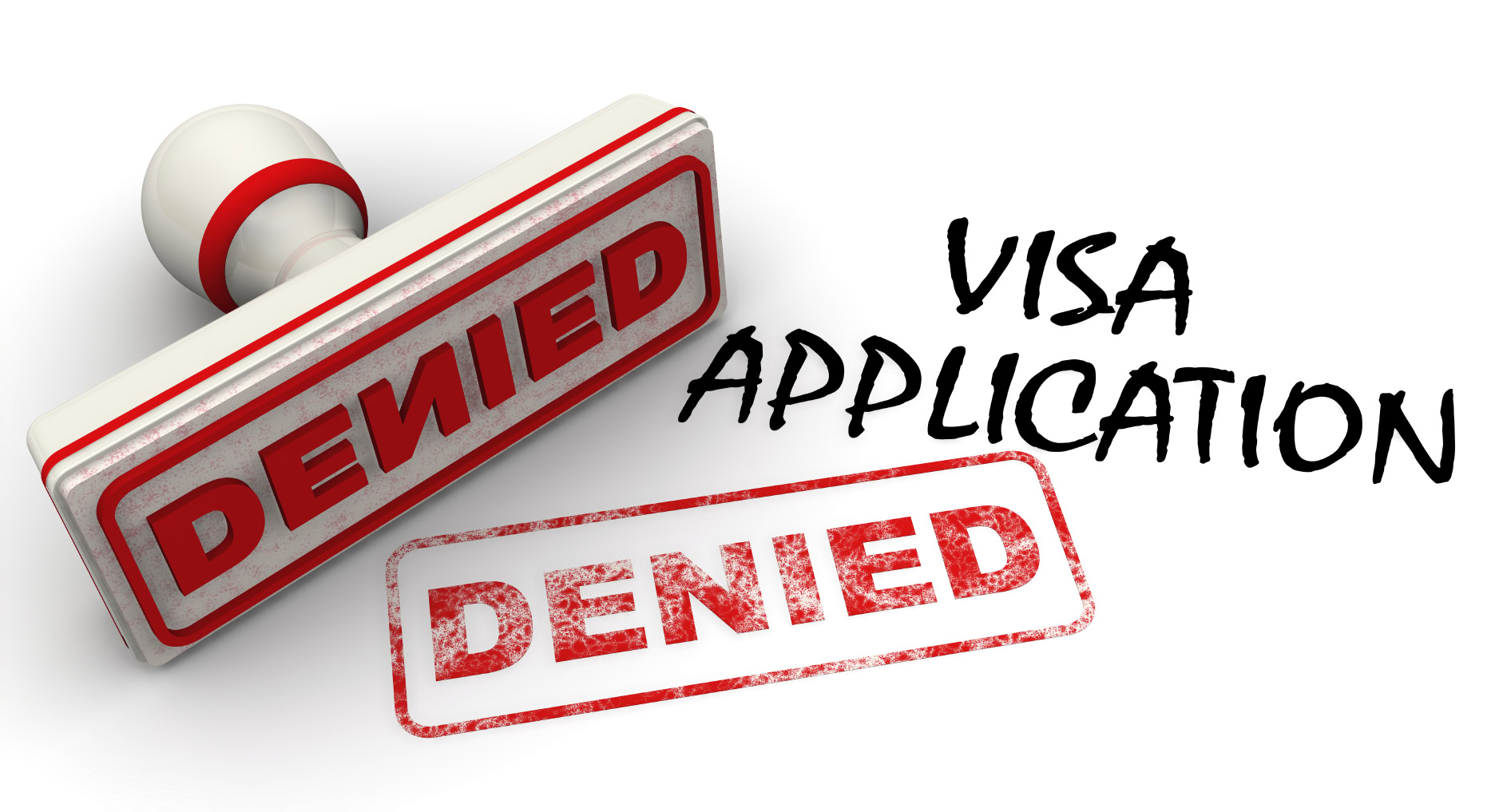Different Types of Work Permit for Canada
Working in Canada
Canada encourages and provides many avenues for individuals to support and provide for themselves and their families financially. You can only legally work in Canada while on a valid work permit. In order to provide reasonable support to individuals Canada has many different types of work permits to encourage financial stability. Depending on individual circumstances individuals may be able to qualify under one of the work permit categories.
This blog will provide an overview of all the different types of work permits classifying them into groups based on the categories and the sub-categories.
Canada has 3 main types of work permits
- Open Work Permit – LMIA-exempt: this work permit allows the foreign national to work for any employer and does not require the employer to obtain a positive LMIA
- Unrestricted – allows the foreign national to work in any occupation and location
- Restricted – restricts the location and/or occupation of the foreign national
- Closed Work Permit – Employer Specific – LMIA required: the employer must first obtain a positive LMIA in order to be able to hire the individual and the foreign national cannot work for any other employer except for the one listed on the work permit.
- Closed Work Permit – Employer Specific – LMIA-exempt: the employer does not need to obtain a positive LMIA first but the foreign national cannot work for any other employer except for the one listed on the work permit.
Labour Market Impact Assessment LMIA
This is a document that an employer in Canada may need to obtain before hiring a foreign national. This is done from the employer side. The purpose of this document is to confirm that there is no Canadian worker or Permanent resident available to do this specific job thus the employer needs to hire the foreign national to fill the position. The employer must show and prove that they conducted reasonable recruitment efforts for the position in Canada.
A positive LMIA confirms that there are no Canadian citizens or permanent residents qualified or available to fill the specific position. A negative LMIA means that there may be qualified individuals in Canada and/or the employer’s recruitment efforts were insufficient. The employer must submit this application and receive a positive LMIA before hiring a foreign national under certain work permits.
Open Work Permit – LMIA-Exempt
| Type of work permit | Who does it apply to? | What does it do? | Restrictions? | Next Steps? |
| Post Graduation Work Permits (PGWPP) | For individuals who have graduated from an eligible Canadian Designated Learning Institutions (DLIs) | Allows individuals to work for any employer to gain valuable Canadian Work Experience | After 1 year of skilled Canadian experience in NOC 0, A or B these individuals qualify for Permanent Residency through the Canadian Experience class stream. | |
| Post-Secondary co-op and Secondary co-op work permits | For students who intend to perform work that is an essential part of the study program | Allows the students to work off campus and perform work essential to their study program | Maybe restricted to a certain occupation (NOC) | Once program is completed, Individual can apply for PGWPP |
| Bridging Open Work Permit (BOWP) | For individuals who’s work permit is expiring and they are awaiting a decision on their PR application | Takes away the requirement to renew work permit and allows the individual to remain in status and continue working | May not qualify if Nominated for PR under a PNC and there is an employer restriction on the Nomination | Once PR received, WP no longer required |
| Spouse or common-law partner in Canada class (SCLPC)
(pilot program – July 31 2020) |
For individuals who’s spouse has filed a sponsorship application under SCLPC.
Applicant and sponsor reside at the same address, applicant has a valid temporary resident status. |
Allows the individual to work while the sponsorship application is being processed. | May not qualify if sponsorship application refused, or withdrawn | Once sponsorship application completed, WP no longer required. |
| Spouses or common-law partners of foreign students | For those individuals who’s spouse is enrolled full time at an eligible DLI | Allows the spouse to come to Canada with the student spouse and work | After gaining Canadian experience may be eligible to apply for PR | |
| Spouses or common-law partners of skilled workers or Temporary Foreign Workers | For those individuals who’s spouse holds a valid work permit | Allows the spouse to come to Canada with the worker spouse and work | Skilled Worker spouse falls under NOC 0, A, or B and is approved to work in Canada for six months or longer | Apply for PR with spouse under Federal Skilled Worker Category. |
| Refugee claimants and those under an unenforceable removal order | For refugee claimants or those under an unenforceable removal order who are unable support themselves financially | Allows the individuals to financially support themselves while their application is being processed. | Family members are not entitled to apply for an open work permit under this category but can apply for a regular work permit | Once application is processed and approved, WP no longer required. |
The above are just a few general categories of Open Work permits. Often times students and spouses of individuals on valid work permits or study permits are eligible to apply for an open work permit, but as noted in the chart above, there may be some restrictions.
Closed Work Permit – LMIA Required – Employer Specific
| Type of work permit | Who does it apply to? | What does it do? | Restrictions? | Next Steps? |
| TFWP – High wage work permit | Foreign nationals who have received an offer of employment from an employer with a positive LMIA | Allows the foreign national to apply for a work permit using the positive LMIA on the basis of the position offered | Foreign national unable to work for any other employer. There may also be geographical restrictions | After obtaining Canadian experience foreign national can apply for PR through one of the appropriate streams |
| TFWP – low wage work permit | Foreign nationals who have received an offer of employment from an employer with a positive LMIA | Allows the foreign national to apply for a work permit using the positive LMIA on the basis of the position offered | Foreign national unable to work for any other employer. There may also be geographical restrictions | After obtaining Canadian experience foreign national can apply for PR through one of the appropriate streams |
| TFWP – Agriculture work permit | Foreign nationals who have received an offer of employment from an employer with a positive LMIA primarily in agriculture | Allows the foreign national to apply for a work permit using the positive LMIA on the basis of the position offered | Foreign national unable to work for any other employer. There may also be geographical restrictions. Must be an occupation and activities related to primary agriculture | After obtaining Canadian experience foreign national can apply for PR through one of the appropriate streams |
| TFWP – Academic work permit | Foreign national who is an academic with at least one post-graduate degree and earns most of their income from teaching or conducting research | Allows the foreign national to apply for a work permit using the positive LMIA on the basis of the position offered | Foreign national unable to work for any other employer. There may also be geographical restrictions. | After obtaining Canadian experience foreign national can apply for PR through one of the appropriate streams |
| TFWP – In-home Caregiver work permit | Foreign caregivers who are eligible and qualified to provide in-home care | Allows the foreign national to apply for a work permit using the positive LMIA on the basis of the position offered | Foreign national unable to work for any other employer. There may also be geographical restrictions | After obtaining Canadian experience foreign national can apply for PR through one of the appropriate streams |
| TFWP – Global Talent Stream | For specialized and highly-skilled foreign workers who are required by innovative firms in Canada to assist with scaling-up and growth. | Allows the foreign national to apply for a work permit using the positive LMIA on the basis of the position offered | Foreign national unable to work for any other employer. There may also be geographical restrictions | After obtaining Canadian experience foreign national can apply for PR through one of the appropriate streams |
The main element of the Closed Work Permits that are employer specific and require an LMIA is that the work permit is tied to the specific employer and may have geographical restrictions. The foreign national cannot change employers because that would be in breach of the work permit conditions. If the individual changes employer then they would need to apply for a new work permit.
The Temporary Foreign Worker Program category under which these work permits fall allows Canadian employers to hire temporary foreign workers to fill shortages in Canadian labour force.
Closed Work Permit – LMIA Exempt
This work permit category allows employers to hire foreign workers without an LMIA if the job offer falls under one of the following categories:
- International Agreement – the job offered is covered under CUSMA, GATS, FTA etc.
- Federal- Provincial Agreements – this includes significant investment projects
- Canadian Interests –
- Significant Benefit – if the employer can prove that you will bring an important social, economic or cultural benefit to Canada. This includes Intra-company transferees with specialized knowledge or in managerial positions.
- Reciprocal employment – allows foreign workers to get jobs in Canada when Canadians have similar opportunities aboard in the country.
- Designated by Minister – allows academic, researchers in furtherance of competitiveness and public policy.
The onus is on the employer to prove that the work permit is LMIA exempt because it falls under one of the above listed categories.
Path to Permanent Residency
One of the greatest benefits of obtaining a work permit regardless of the category under which it falls is that it a pathway to obtaining permanent residency. Just like a work permit there are many different categories under which an individual may apply for permanent residency.
Work Permits how to proceed?
Considering a work permit and trying to make sense of all the possibilities can be a very daunting and intimidating task. Work permits are difficult applications; each type requires a very different approach, process and documents. It is crucial that you proceed with caution to ensure a positive outcome. At Akrami and Associates we are very well qualified and efficient in preparing strong work permit applications. We do all types of work permit applications and ensure the prospective employee; employer and any other parties involved are appropriately informed and provide all the necessary documents.
With Akrami & Associates there is always a way!!
Latest Immigrations News

July 6, 2025
Banned from Canada? Not Anymore!
Most people think that a criminal record shuts the door on Canada for good. But that’s simply not true. Yes, it can complicate things. Yes, border agents can (and often do) turn people away. But no, it’s not the end of the road. If you’ve served your [...]

June 30, 2025
Your Shortcut to Business in Canada: C11 Work Permit
Thinking about launching your business in Canada? Maybe you’ve spotted a gap in the market, or you’re just ready to expand your entrepreneurial journey to one of the most dynamic economies in the world. If that’s you, there’s good news: you don’t need a Canadian employer or [...]

June 24, 2025
Why Canada Visitor Visas Keep Getting Refused And How to Get Approved
Applying for a visitor visa to Canada sounds straightforward on paper. Fill out a few forms, gather your documents, pay the fee, and you’re good to go, right? Unfortunately, that’s rarely how it plays out. Refusals are far more common than most applicants expect. And if you’ve [...]

Book a Conslutation
One of our Representatives will
assist you with your matter. Book Now!
Click here

Call us for
more Information
+1-416-477-2545
Toll Free: 1-877-820-7121
Click here

Write Us (Online Form)
Complete our form and one of our
Representatives will contact you.
Click here
Subscribe To Our Newsletter


